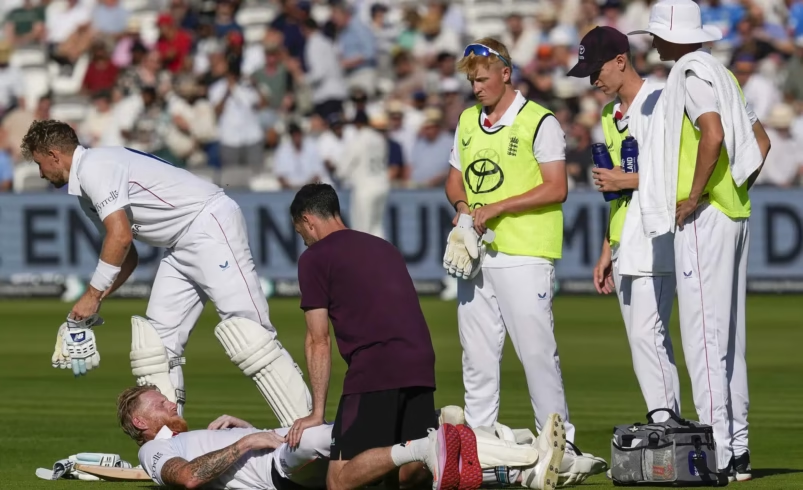Former England Captain Criticizes Slow Over Rates, Calls for Umpire Intervention
- July 13, 2025
- 0

Former England cricket captain Nasser Hussain has voiced strong criticism regarding the slow over rates observed during the England-India Test match at Lord’s. Hussain described the delays as ‘diabolical,’ expressing frustration over the lack of timely play. His comments highlight a growing concern within the cricket community about maintaining the pace and excitement of the game, which is crucial for both players and spectators.
Adding to the discourse, England bowler Stuart Broad has pointed fingers at cricket authorities for their perceived inaction in addressing slow over rates. Broad emphasized that these delays not only disrupt the flow of the game but also negatively impact fans and broadcasters who rely on a consistent schedule. His remarks underscore the need for a more proactive approach from governing bodies to ensure that matches proceed smoothly and efficiently.
In contrast, former Sri Lankan cricketer Kumar Sangakkara has offered a different perspective, suggesting that the focus should remain on delivering entertaining cricket rather than strictly adhering to over quotas. Sangakkara acknowledges the issues related to time-wasting but believes that the essence of cricket should not be compromised by rigid enforcement of rules. His viewpoint adds a nuanced layer to the debate, balancing between maintaining game integrity and enhancing viewer experience.
The ongoing discussion about slow over rates raises important questions about the future of cricket. As stakeholders continue to debate the best course of action, it becomes clear that finding a balance between entertainment and regulation is essential. The outcome of this debate could shape how cricket is played and consumed globally, influencing everything from match scheduling to broadcasting rights.